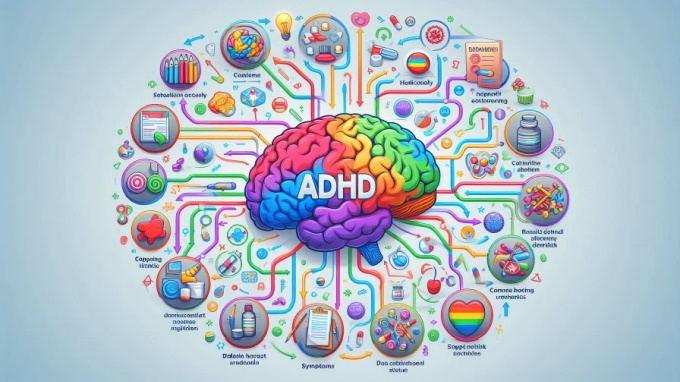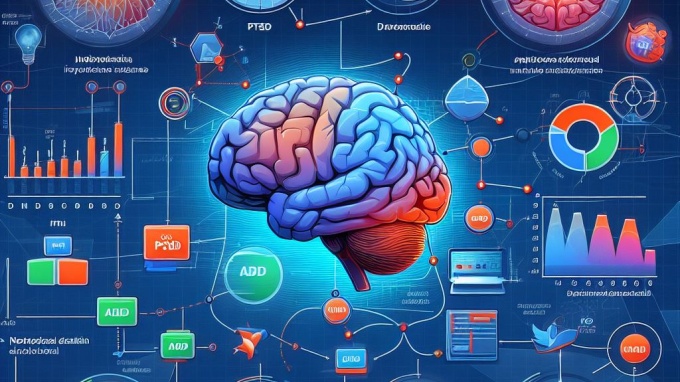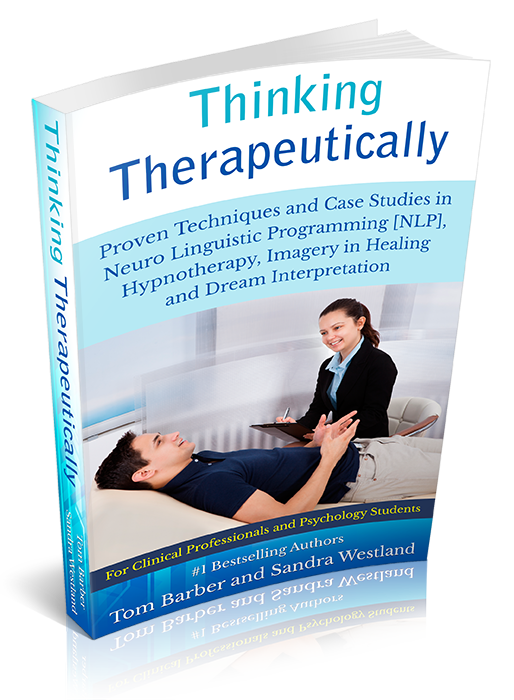Unlocking Clarity by Stimulating Treatment of ADHD
Attention-Deficit/Hyperactivity Disorder (ADHD) is a neurodevelopmental condition characterised by challenges in attention, hyperactivity, and impulsivity.
While traditional therapeutic approaches have proven effective for managing ADHD symptoms, Eye Movement Desensitisation and Reprocessing (EMDR) therapy has emerged as a promising complementary technique.
In this article, we explore the unique benefits of incorporating EMDR into the treatment plan for individuals with ADHD.
Understanding EMDR
EMDR is a psychotherapy approach initially developed to address symptoms of post-traumatic stress disorder (PTSD). The approach is recommended by NICE for treating trauma associated with PTSD.
It involves a structured eight-phase process that integrates bilateral stimulation, typically through the therapist-guided movement of the eyes, to help individuals process distressing memories and associated negative beliefs.
The Overlapping Challenges
Surprisingly, individuals with ADHD may experience challenges that mirror some aspects of trauma.
Repeated experiences of academic or social struggles, criticism, or feelings of inadequacy can contribute to the development of negative beliefs about oneself, potentially leading to emotional distress and hindered cognitive functioning.
Benefits of EMDR for ADHD
- Addressing Negative Beliefs: EMDR is renowned for its efficacy in targeting and altering negative beliefs associated with distressing memories. For individuals with ADHD, this can mean confronting and reframing beliefs related to academic performance, social interactions, and self-worth, thus fostering a more positive self-image.
- Enhanced Emotional Regulation: ADHD often coexists with emotional dysregulation, and EMDR’s impact on emotional processing can be particularly beneficial. By helping individuals process and integrate emotions related to past experiences, EMDR contributes to a more stable emotional state, reducing impulsive reactions.
- Improved Focus and Attention: Bilateral stimulation used in EMDR has been associated with improvements in attention and focus. For individuals with ADHD, this can translate to enhanced concentration and cognitive functioning, addressing a core challenge of the condition.
- Empowering Coping Mechanisms: EMDR equips individuals with ADHD with valuable coping mechanisms. By developing healthier responses to stressors and triggers, individuals can navigate the complexities of daily life more effectively, managing challenges related to impulsivity and hyperactivity.
- Building Resilience: The transformative nature of EMDR contributes to the development of resilience.

What takes place during EMDR?
During a typical treatment EMDR will focus of several processes that can be beneficial for individuals with ADHD:
1. Bilateral Stimulation: EMDR involves bilateral stimulation, often achieved through the therapist-guided movement of the eyes. This rhythmic left-right stimulation is thought to mimic the natural processing that occurs during REM (rapid eye movement) sleep. The bilateral stimulation can help integrate and reprocess distressing memories, reducing their emotional charge. At our Colchester Practice and Online, we utilise a groundbreaking medium that enable multisensory stimulation, namely Bilateral Base.
2. Memory Processing: Individuals with ADHD may have distressing memories related to repeated academic or social challenges, criticism, or perceived failures. EMDR can assist in processing these memories, reducing the emotional distress associated with them. By addressing negative beliefs tied to these memories, individuals can experience cognitive and emotional relief.
3. Positive Cognitive Restructuring: EMDR encourages positive cognitive restructuring by helping individuals identify and replace negative beliefs with more adaptive and positive ones. This can be particularly valuable for individuals with ADHD who may have developed negative self-perceptions due to ongoing challenges and setbacks.
4. Emotional Regulation: ADHD often coexists with emotional dysregulation, and EMDR has shown promise in promoting emotional regulation. By addressing the emotional aspects of distressing memories, EMDR helps individuals manage their emotions more effectively, reducing impulsive reactions and improving overall emotional stability.
Further Processes
5. Attention and Focus: Some studies suggest that the bilateral stimulation used in EMDR may have a positive impact on attention and focus. For individuals with ADHD, who often struggle with concentration, this aspect of EMDR may contribute to improved cognitive functioning.
6. Coping Mechanisms: EMDR equips individuals with ADHD with adaptive coping mechanisms. Through the therapeutic process, individuals can develop healthier responses to stressors and triggers, enhancing their ability to navigate daily challenges associated with ADHD, such as impulsivity and hyperactivity.
7. Complementary Treatment: While EMDR may not directly target ADHD symptoms, it can complement other therapeutic approaches commonly used for ADHD, such as cognitive behavioural therapy and medication. When integrated into a comprehensive treatment plan, EMDR can address underlying emotional issues that may contribute to ADHD-related difficulties.
Beginning the Journey of Gaining Clarity
It’s important to note that the effectiveness of EMDR for individuals with ADHD may vary, and not everyone with ADHD will benefit from this approach.
As with any therapeutic intervention, individual differences and needs should be considered, and consultation and assessment with one of our qualified and experienced EMDR psychotherapists will be key in determining the most suitable treatment options.
To find our more or book your initial session, contact us here to make your first appointment, either in Colchester, or Online from your location.
Dr Tom Barber is an experienced integrative and existential psychotherapist and counsellor, who has been helping people overcome personal challenges for nearly 30 years. He is a bestselling author of 6 books, and spends his time between private clients, teaching and lecturing internationally, writing, and developing programmes to help people improve the quality of their life. Tom is a co-founder of Self Help School, a rich hub of resources and education for people looking for self-improvement. His academic speciality is in the subject of trauma and emotion.


